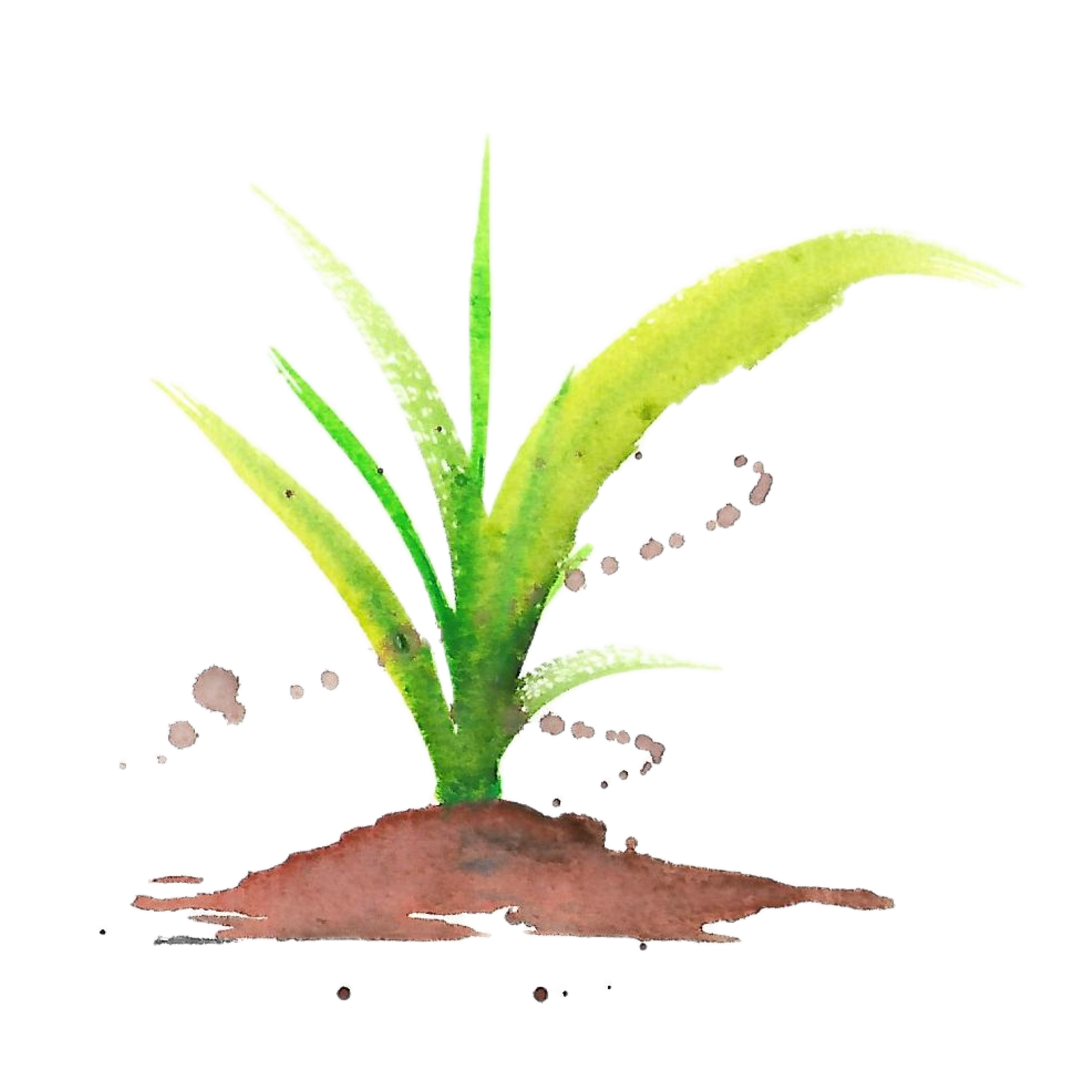Grief and Loss
“I should be over this by now.”
“It was only a pet…why am I so devastated.”
“I thought time was supposed to heal all wounds?”
“I don’t understand why this still bothers me.”
“It wasn’t like I knew them all that well.”
“It wasn’t like anyone died.”
If you’ve ever thought these things, chances are that you are experiencing the complex and often misunderstood experience of grief/loss. Grief is NOT just about death! Research has shown that the loss of a job, loss of a pet, a move, a divorce, a bankruptcy, an illness, or ANY major life changes can have PROFOUND and DEVASTATING impacts on people. Any time there is a loss of any kind the experience of grief may show up, and it is my passion to educate and work with people to validate, normalize, and provide a safe space for them to work through very difficult feelings that may be totally written off by well meaning but ill informed family members and friends.
PTSD/CPTSD/Trauma
“I’ve never been through a war, so how can I have PTSD?”
To break this down into its most simple terms - PTSD is the experience in the body of something - anything - being too much/too fast/too soon. Our nervous systems are like thermostats - when functioning, they never get too high/hot or too low/cold. If you feel WAY too amped or way too low, chances are that your body has perceived danger at some point and is struggling to relax and perceive safety/calm. Trauma is in the body - NOT the event.
Chemical Addiction
Any time you put a substance into your body that is not necessary (whether it’s heroin or a box of girl scout cookies), the chemicals released can become a devastating cycle. ANYTHING can become an addiction. Chemical addictions include food, drugs, and alcohol.
Process Addiction
While a chemical addiction is ingesting something into your body, a process addiction is something that you DO that eventually starts messing with your ability to do life. This can be work, sex and relationship addiction, avoidance of sex and relationships, or gambling.
Family/Relational Issues
Some families are so close it seems like there is NO ability for anyone to have their own thoughts, needs, and wishes. Some families are so far apart it seems strange that they are even related. Healthy families can have both closeness and distance when circumstances call for both, and are skillful and effective at boundaries and conflict management.
Depression and Anxiety
Both depression and anxiety are symptoms of a nervous system that has lost its ability to regulate. Using a variety of tools and techniques, we can “teach” your nervous system how to process when things are safe so you can increase mood and energy levels if you are experiencing depression, or decrease stress and edginess if you are experiencing anxiety.
Social Anxiety
Hate people/crowds/going out? Do you label yourself an introvert but secretly wish that being out with people didn’t cause you to be so stressed? Whether introverted or extroverted, social anxiety can cause discomfort and can often be reduced using a variety of tools and techniques.
Trauma therapy may also be helpful for:
Bipolar
Behavioral Issues
ADD/ADHD
Psychogenic Seizures
Food issues
Stress management
OCD
Sexual Issues
Read more about Britt's extensive background on the About Britt page.

